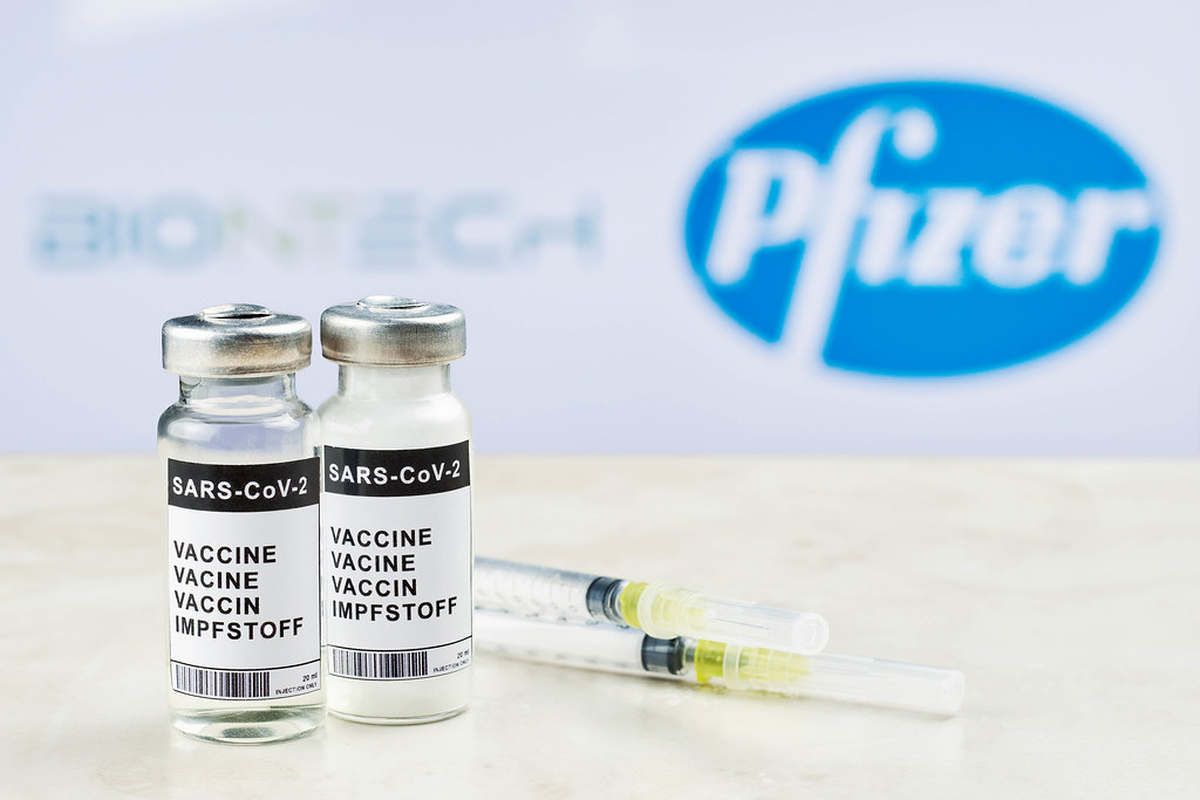The third dose of the Covid vaccine would render Paxlovid, Pfizer’s antiviral drug, ineffective, according to a study in the New England Journal of Medicine, reported by an Israeli newspaper. More than a year ago, Jean-Marc Sabatier already warned against “the dangers of the third dose”!
According to the Israel National News, the Covid booster, the third dose of vaccine, “significantly delays the end of infection”. 31% of people who received a booster are still contagious 10 days after infection, compared to 6% of unvaccinated people.
The journal, which reprints a study from the New England Journal of Medicine (NEJM), points out that people who are triple vaccinated (boosted) against Covid recover much more slowly from infection and remain contagious longer than people who are not vaccinated at all.
The researchers took swabs from the infected individuals and cultured the swabs, repeating the process for more than two weeks until viral replication was no longer observed.
Five days after infection, less than 25% of unvaccinated individuals were still infectious, while approximately 70% of stimulated individuals still carried viable virus particles. For partially vaccinated individuals, about 50% were still contagious at this stage.
In other words, people who received a booster shot were five times more likely to still be contagious 10 days after infection than unvaccinated people.
The Covid rebound
These findings go a long way toward explaining why Pfizer’s antiviral drug Paxlovid (a 3CL protease inhibitor plus Ritonavir) is often ineffective for people who have been vaccinated against Covid, and many of them experience a recurrence of symptoms as well as a positive Covid test after completing the five-day treatment (as recently occurred in quadruple-vaccinated Dr. Anthony Fauci), Israel National News notes. This phenomenon is known as Covid rebound.
Meanwhile, data from the Israeli Ministry of Health show that in the older population (over 60 years old), having undergone more vaccine injections often correlates with a greater likelihood of becoming infected with SARS-CoV-2 and developing Covid.
According to Jean-Marc Sabatier, “Health/political authorities justify vaccine boosters by arguing that emerging variants or sub-variants of SARS-CoV-2 are more deleterious/virulent to our organisms. In fact, these new variants or sub-variants are becoming more deleterious on our organisms, mainly because of repeated vaccine injections and infection(s) that promote and amplify the viral infection facilitation phenomena, called ADE/ERD. We are in a vicious cycle.”
“The dangers of the third dose”
A year ago, on August 11, 2021, Jean-Marc Sabatier * revealed in our columns the deleterious role of facilitating antibodies that promote the infection of cells by the virus.
Jean-Marc Sabatier highlighted the existence of three types of antibodies: neutralizing, neutral and facilitating. However, all current vaccines, based on the Spike protein of SARS-CoV-2, produce these three types of antibodies. Hence the difficulties seen after vaccination of some patients. Hence also the worrying 3ᵉ or 4ᵉ dose vaccination strategy advocated by health authorities.
Jean-Marc Sabatier noted the strong similarities that exist between the cat coronavirus, called FIP (feline infectious peritonitis) virus, and the SARS-CoV-2 virus causing Covid-19. Every veterinarian knows that vaccine trials in cats have been counterproductive.
Could it be different in humans?
Read the interview below.
* Jean-Marc Sabatier is a research director at the CNRS and has a doctorate in Cell Biology and Microbiology. He speaks in a personal capacity.

